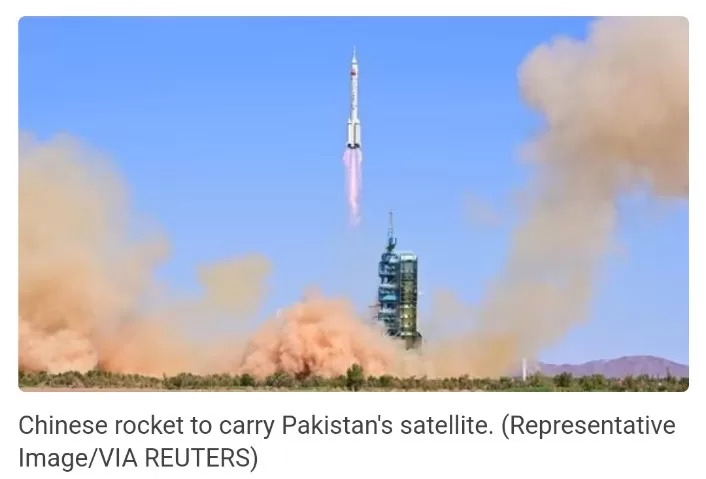Beijing- In a remarkable development, the forthcoming Chang’e 6 lunar mission by China, focused on collecting samples from the far side of the Moon, will now include the ICUBE-Q cubesat satellite from Pakistan. This significant partnership was confirmed through an official government statement released on Friday.
After extensive deliberations and negotiations, it was determined that the Chang’e 6 mission’s lander will carry advanced scientific instruments contributed by France, Italy, and the European Space Agency. Furthermore, a Pakistani payload will be affixed to the orbiter, marking a substantial collaboration between the two nations in lunar exploration.
The Chang’e 6 mission is driven by its primary objective: the collection of samples from the hitherto unexplored far side of the Moon. Comprising four essential components—an orbiter, lander, ascender, and re-entry module—this mission aims to touch down in the South Pole-Aitken Basin. It is in this region that the spacecraft will gather crucial dust and rock samples. If successful, this mission could represent a historic milestone as the first-ever collection of samples from the Moon’s far side, offering scientists invaluable insights into this enigmatic lunar region and the composition of the samples.
India had previously achieved a significant feat with the launch of Chandrayaan 3, becoming the first nation to softly land near the lunar south pole. Notably, the Pragyan rover and China’s Chang’e 4 mission’s rover, situated on the far side of the Moon, had been actively conducting lunar exploration before the Indian Space Research Organisation activated sleep mode on the system after the planned 10 Earth days of exploration. While ISRO has been attempting to reestablish communication with the rover, no signals have been received thus far.
The Chang’e 6 mission is slated to carry a total of 10 kilograms of foreign equipment on its lander and orbiter. This payload includes advanced scientific instruments provided by France, Italy, and the European Space Agency, in addition to the Pakistani contribution aboard the orbiter.
It is worth noting that, to date, only the United States, the former Soviet Union, and China have successfully retrieved lunar samples and returned them to Earth, with none having previously acquired samples from the Moon’s far side.
This collaboration underscores the growing international cooperation in space exploration, as nations come together to unlock the mysteries of the cosmos.




